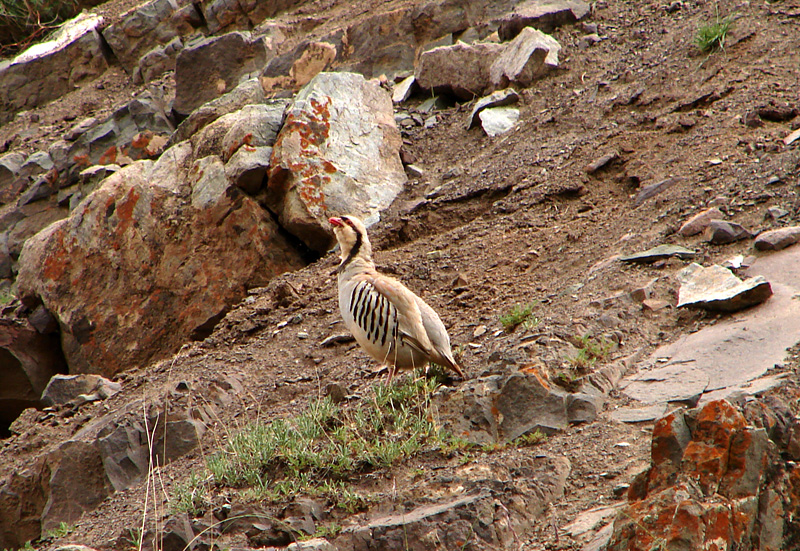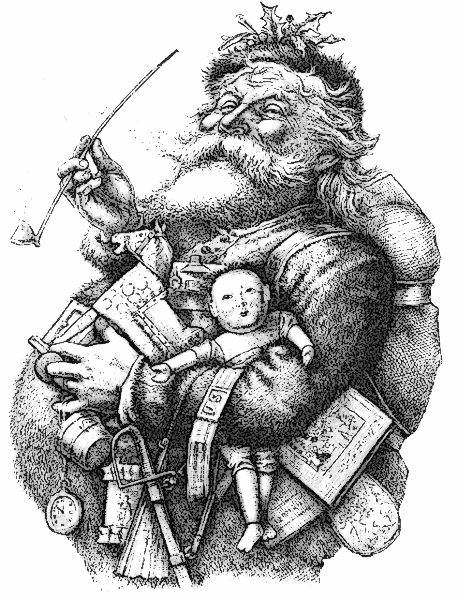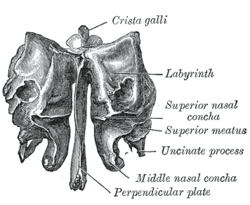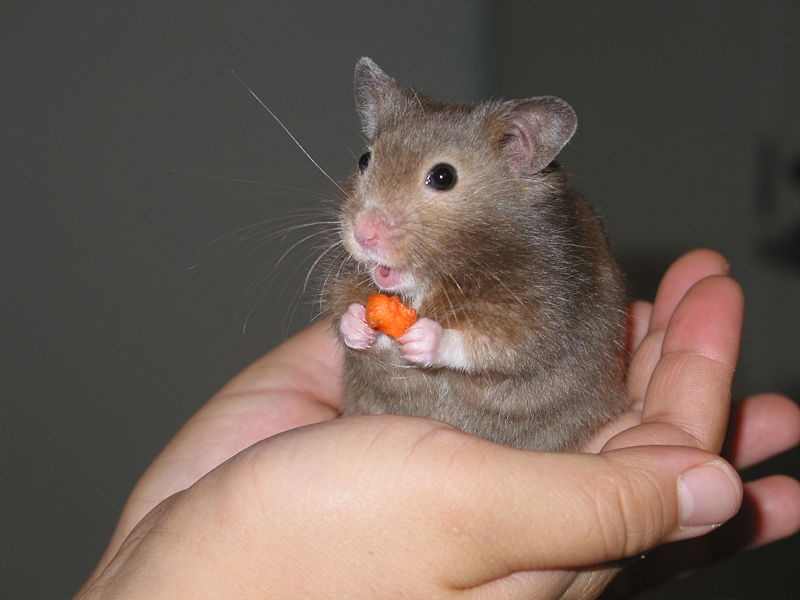So...mongoose, mongeese?
Er, no.
English is usually rather conventional when it comes to plurals. Sometimes it doesn't bother with a different plural form at all (one sheep, a flock of sheep); sometimes it doesn't bother with singular forms (clothes, smithereens); but otherwise English almost always just bungs an s or an es at the end of the word.
There are so few properly English exceptions you can list them: mouse, foot, child, tooth, ox, louse, man, woman, die (that's the sort you play games with).
Some words borrowed from other languages have bought their odd plurals with them: trauma and traumata; octopus and octopodes; and the singular of imagines is imago. Some originally French expressions put the plural s in a slightly odd place, such as courts martial.
But some other languages find adding a simple s to a word to make it plural very dull: so, for instance the plural of Inuit is the very fine Inuk.
The Wiradjuri people of south eastern Australian form plurals by doubling words. Wagga, meaning crow, gives us the place name Wagga Wagga, meaning place of many crows.
Other languages see no reason why the plural marker should go at the end at all. The plural for the Zulu umuntu, which means person, for example, is abantu. (This would be even more extraordinary if the English plural of person wasn't so often people.)
The Sundanese (an Indonesian language) word for child is budak, and Sundanese speakers see no reason why plurals should involve attacking either end of a word. Their word for children is b-ar-udak.
But of all peculiar plurals my favourite comes from somewhere much closer to home.
The Welsh have the quite gorgeously perverse oen, lamb, which has the plural form wyn; and, even more cherishably, the Welsh llaw, hand, which has the plural dwylo.
Both utterly glorious, as far as I'm concerned.
Word To Use Today: one with an eccentric plural form. Like the weirder of the available plurals of sphinx, sphinges, perhaps.
























